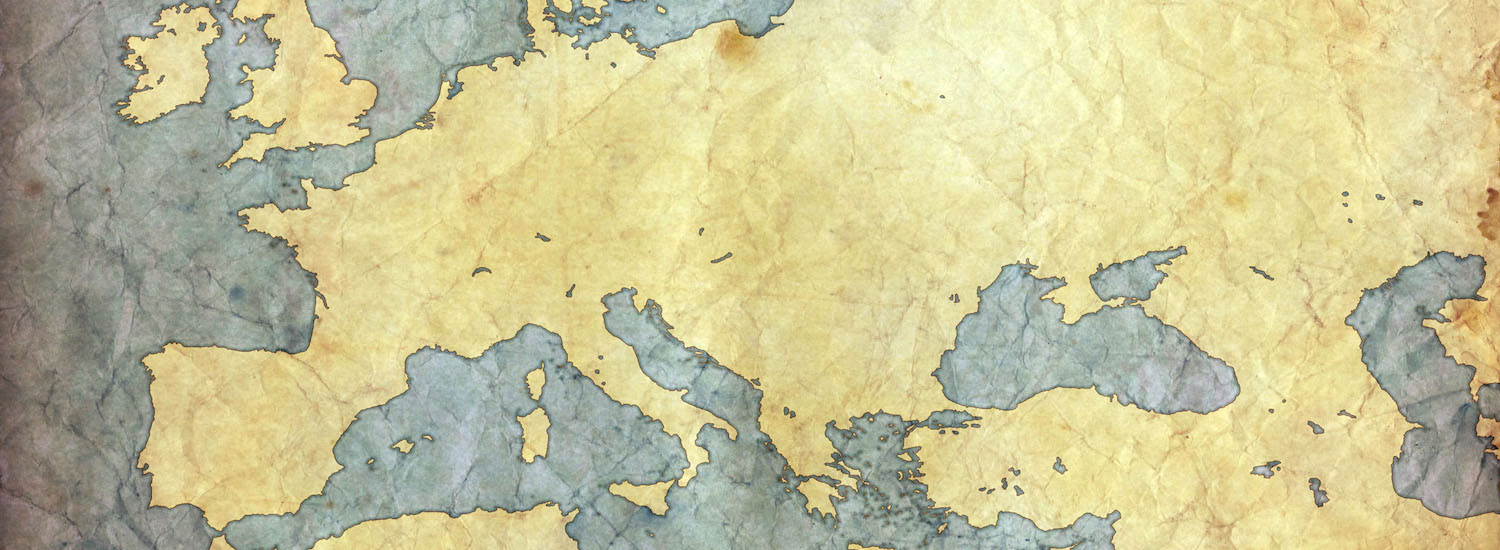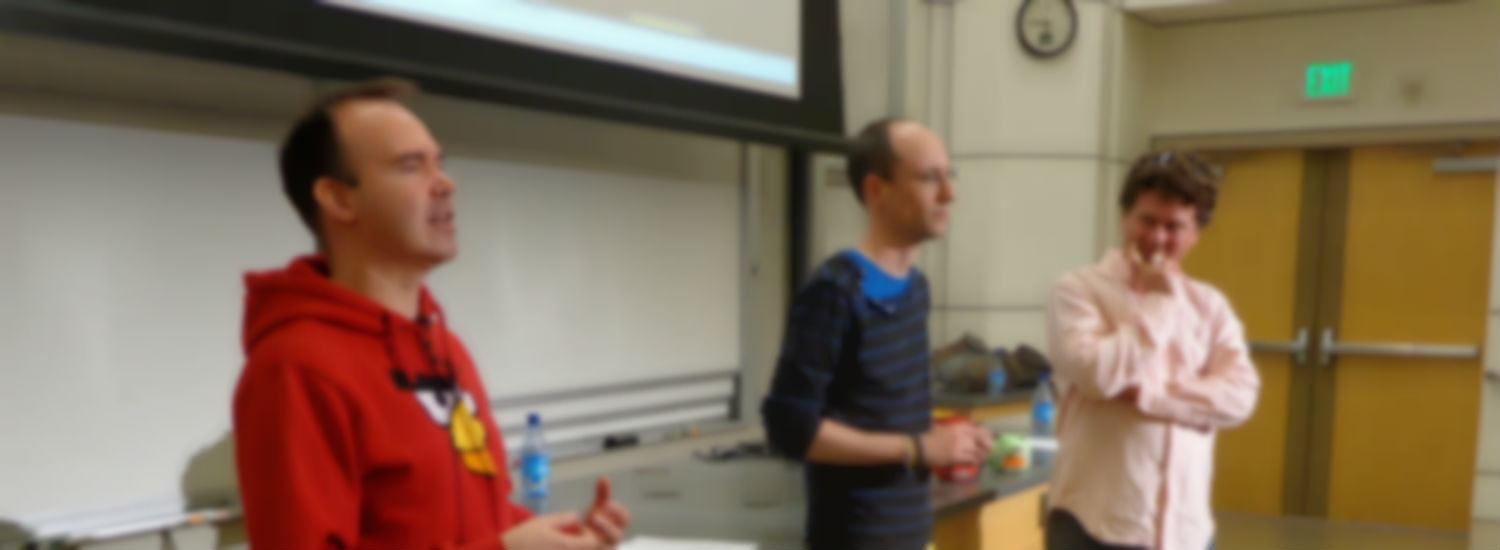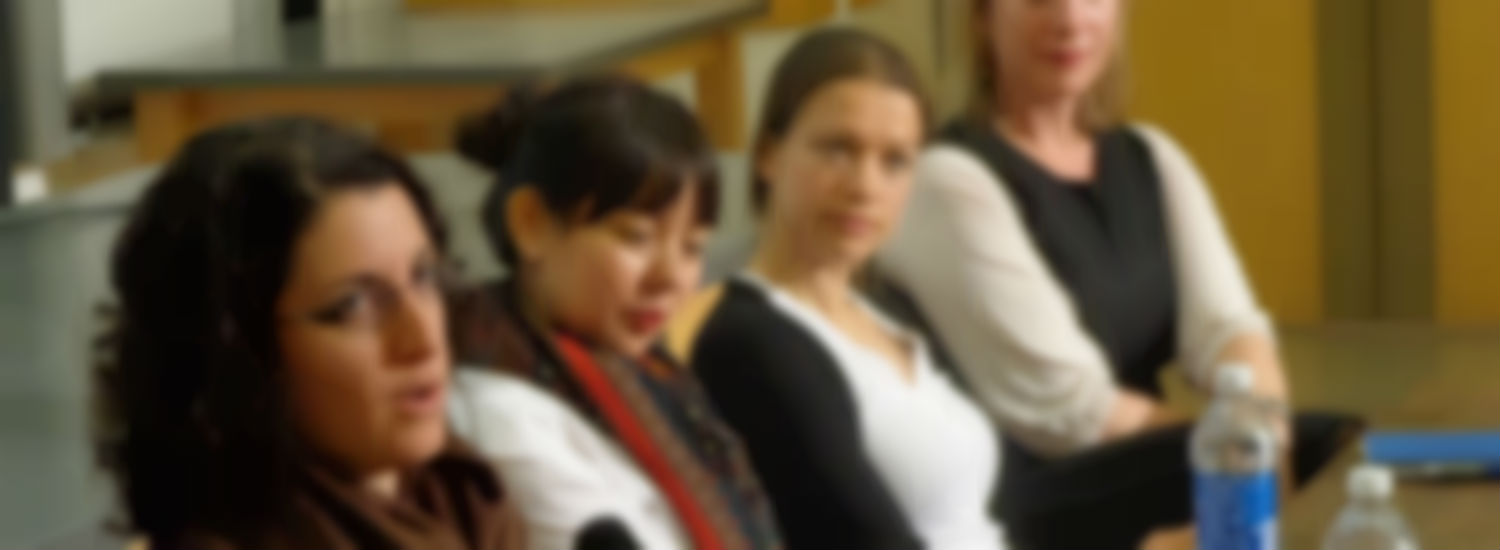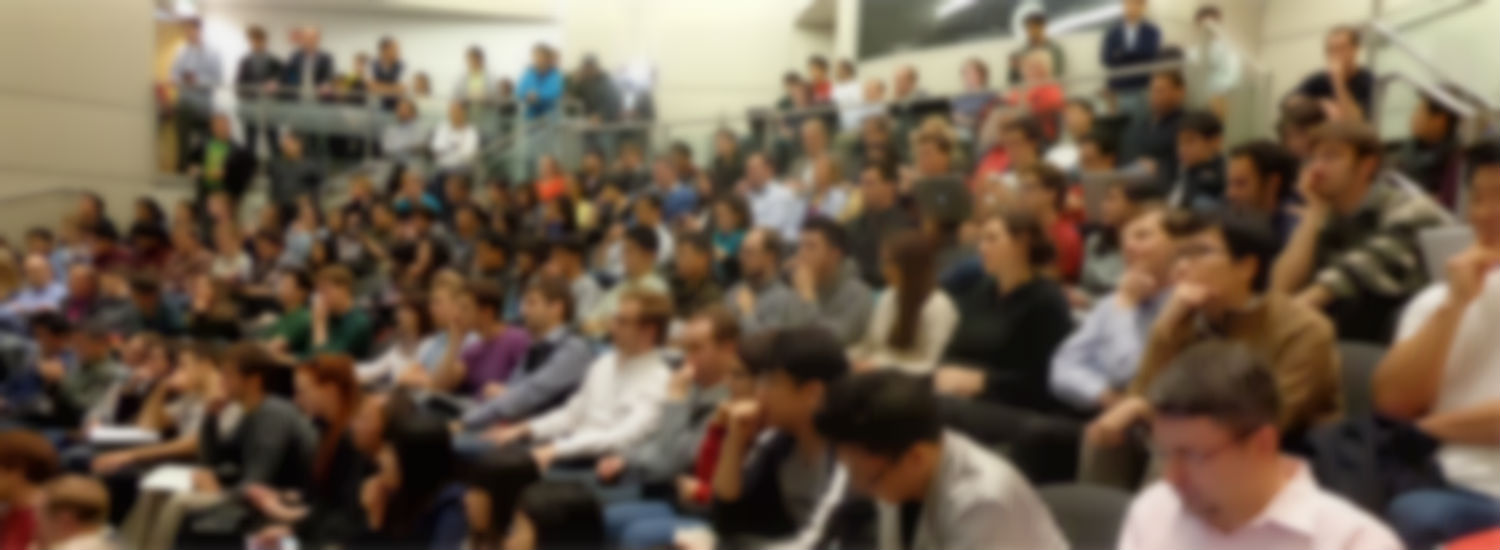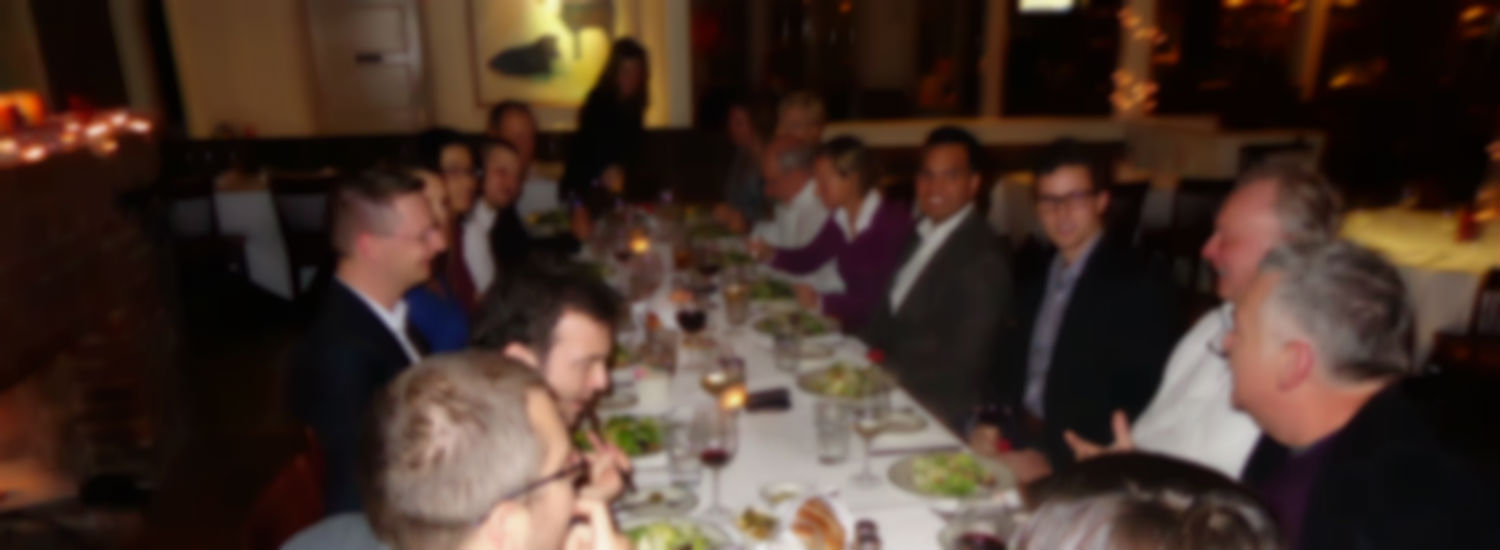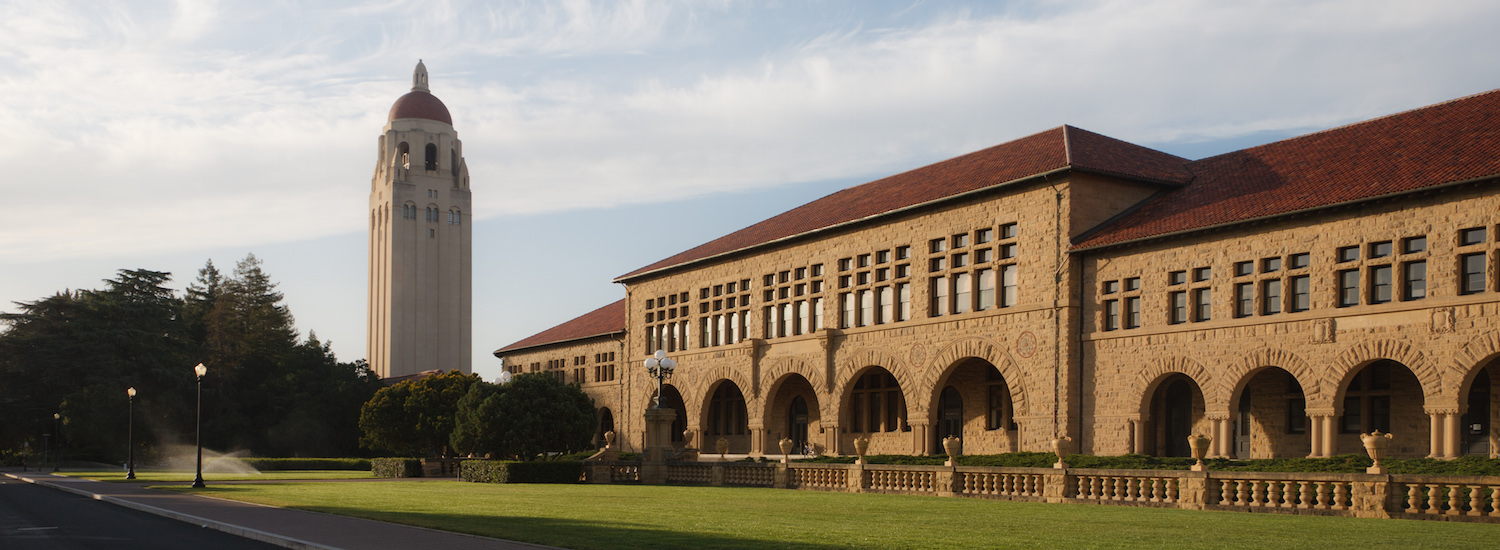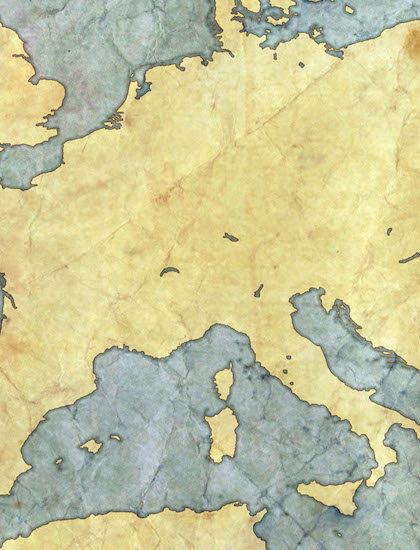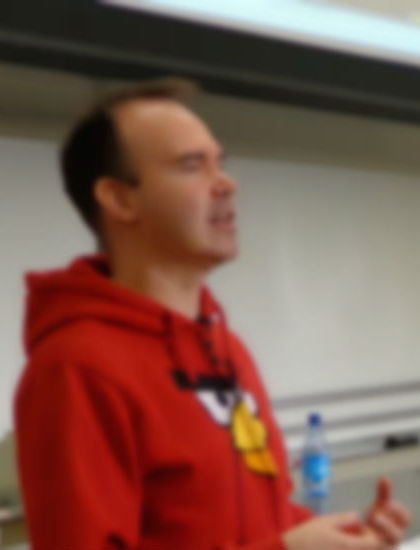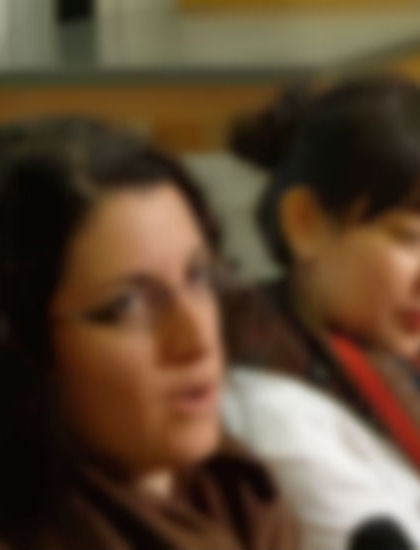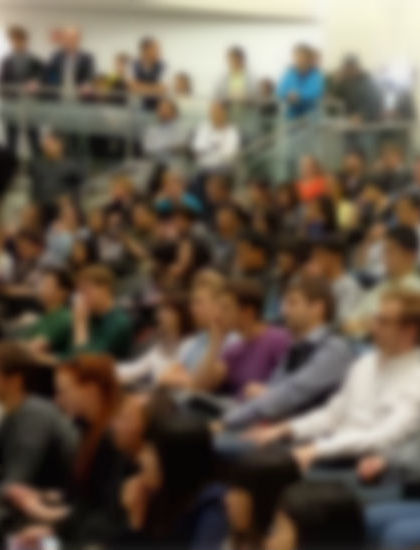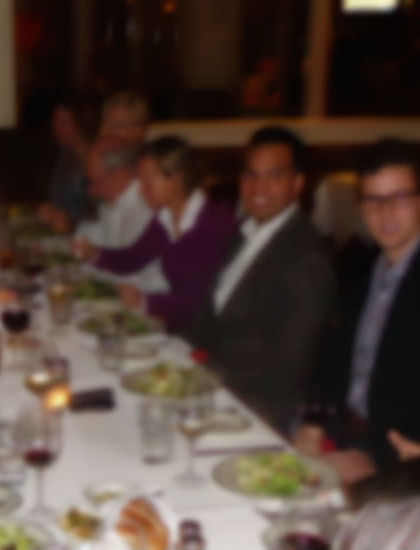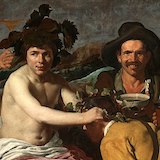Week One
Startups, Entrepreneurship & Venture Capital in Europe v Silicon Valley
Sessions 1 & 2 || Tue Mar 29 || Thu Mar 31
Speakers: To be announced
|
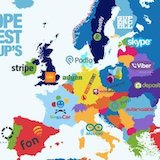 |
In Which Sectors does Europe show Particular Strength as a Startup Ecosystem? Fintech, Gaming, Crypto, MedTech, Deeptech, AI, Consumer, Enterprise
|
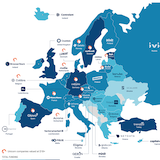 |
What are the Factors Underlying the Strong Growth of Europe's Startup Hubs? London, Berlin, Paris, Amsterdam, Stockholm, Dublin, Wien, Helsinki, Tallinn, Warsaw, Prague
|
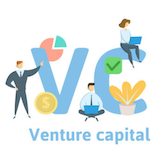 |
What is Driving the Growth of Venture Capital across Europe? How do Europe's Top VCs Compare to Silicon Valley's Leading VC Firms?
|
Week Two
Slicing & Dicing Complex Innovation Ecosystems with Tactile Design Thinking
Sessions 3 & 4 || Tue Apr 5 || Thu Apr 7
Speakers: To be announced
|
 |
Understanding Complex Socio-Technical Systems :: Slicing & Dicing of Structure & Relationships :: Causes, Effects & Causal Chains :: Success & Failure Modes
|
 |
Chess as a Physical|Tangible Model for Medieval European Society :: Le Torri di Bologna :: Leveraging Spock's 3-D Chess
|
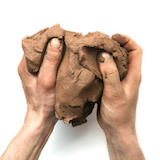 |
Tactile Design Thinking :: Interactive Modelling of Institutions, Social Structures and Relationships with Clay and Maps
|
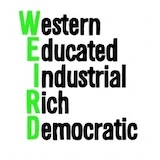 |
WEIRD Societies :: Western, Educated, Industrialized, Rich, Democratic :: Kinship-based Institutions v Hyper-Individualism, Hyper-Mobility :: Cultural Evolutionary Theory
|
 |
Student Team Design Projects
|
Week Three
Family-owned Enterprises (I)
Sessions 5 & 6 || Tue Apr 12 || Thu Apr 14
Speakers: To be announced
|
 |
Governance, Organization, Culture & Status of Family-owned Enterprises (FoEs) in Europe and the USA :: FoEs in Asia, Africa & Latin America
|
 |
How Has the Family-ownership Model Shaped/ Constrained Continental European Thinking about Corporate Governance, Management, Hierarchy, Culture, Structure, Ownership and Growth?
|
 |
European v Silicon Valley Corporations: Leadership, Org Charts, HR, IT Systems, Functional Management, Startup Engagement, Open Innovation and M&A
|
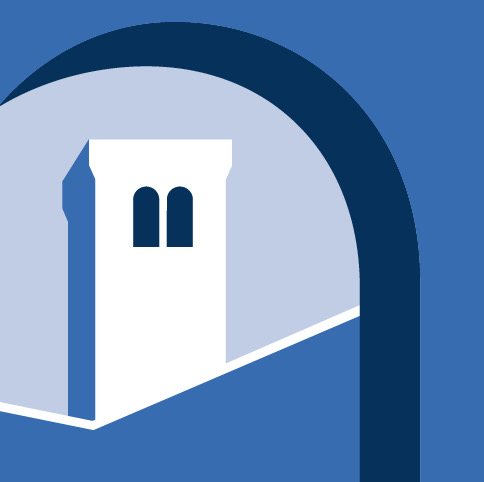 |
How Has the FoE Sector Influenced the Mission and Structure of the European University, Business School and Science System?
|
Week Four
Family-owned Enterprises (II)
Sessions 7 & 8 || Tue Apr 19 || Thu Apr 21
Speakers: To be announced
|
 |
How Do End Markets and Family Culture|Structure Influence Family Enterprise Management, Growth and Innovation Performance?
|
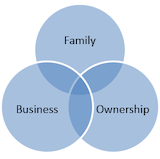 |
Why Do European FoEs Under-invest in Information Technology, Corporate R&D and M&A?
|
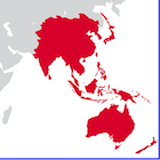 |
What Role do Family-owned Enterprises Play in Asia Today? South Korea, Taiwan, Japan, China, India, Indonesia, Singapore
|
 |
Why are FoEs Largely Ignored in US Economic Policy, Business Schools and Industry Reporting? Would American Competitiveness, Economy and Society Benefit from a Stronger Domestic FoE Sector?
|
Week Five
The State and State-owned Enterprises
Sessions 9 & 10 || Tue Apr 26 || Thu Apr 28
Speakers: To be announced
|
 |
Role of the State :: Europe v US Models
|
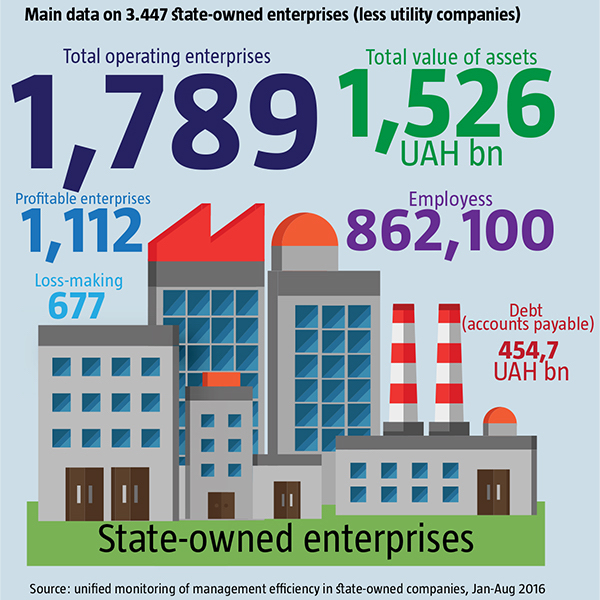 |
State-owned Enterprises in Europe :: History, Governance, Organization, Management Culture & Status
|
 |
How are State-owned Enterprises Similar|Dissimilar to Family-owned Enterprises? in Corporate Culture, Transparency, Use of Information Technology, Governance?
|
|
 |
State-owned Enterprises in the United States and Asia
|
|
 |
Bureaucrats and Civil Servants :: Privileges and Status :: Trust, Conflicts of Interest, Transparency & Accountability
|
|
Week Six+
Public/Private Universities & Business Schools :: Higher Education Systems :: IP, Research & Talent Production
Sessions 11 & 12 || Tue May 3 || Thu May 5
Session 13 || Tue May 10
Speakers: To be announced
|
 |
The Role, Mission, Structures and Governance of Public Universities :: Informatics and Business Faculties
|
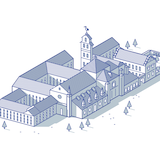 |
New University Models in Europe :: Emergence of Private Universities, Business Schools and Coding Academies :: University Reform Initiatives
|
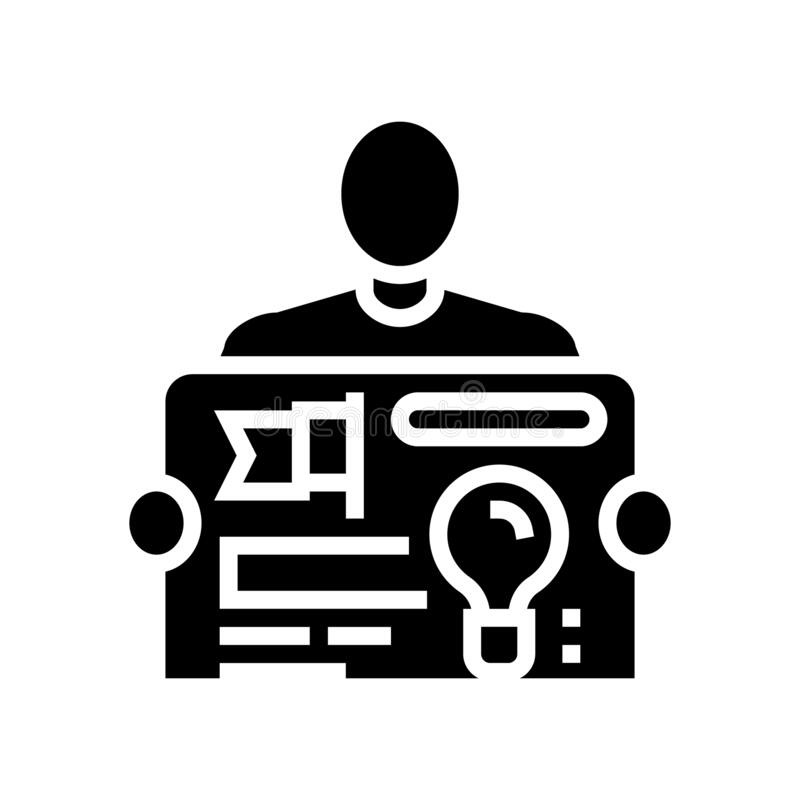 |
Influence of Universities & Business Schools on Startup Formation, IP Generation, Technology Transfer, Corporate Innovation
|
 |
Professors :: Privileges & Status :: How Does the Role, Elite Standing, 'Freedom' and Protection of Professors Influence Quality of Research, University Innovation Culture, and Science Focus and Impact? Trust, Conflicts of Interest, Transparency & Accountability
|
Week Seven
Case Study I :: Semiconductors and Display Sectors
Session 14 || Thu May 12
Speakers: To be announced
|
 |
The State of European/US Semiconductor, Electronics & Display Sectors: CPUs/GPUs, OLED/LCD Displays, Memory, FPGAs, EDA, IoT, Embedded Systems, Flexible Electronics, Arduino, Raspberry-Pi
|
 |
What are Europe's Strengths in Semiconductors and Electronics? Lithography, Materials, Automotive IC, Displays, Batteries, ASIC/SoC, RF, Sensors, Flexible Electronics
|
|
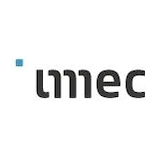 |
Leading European Semiconductor Research & Manufacturing Centers :: IMEC, CEA, Holst, Fraunhofer || Leuven, Grenoble, Eindhoven, Dresden, Munich
|
|
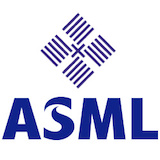 |
How Did Europe Grow Global Leaders in Semiconductor and Display Technology & Manufacturing? ASML, NXP, SCHOTT, ARM, Infineon
|
|
 |
What Can Europe & US Learn from Asia's Semiconductor Leaders and Industrial Policies?
|
Week Eight
Case Studies II & III :: Computing, Computer Science & Software Sectors
Sessions 15 & 16 || Tue May 17 || Thu May 19
Speakers: To be announced
|
 |
What are Europe's Strengths in Software and Computing? HPC, Quantum, Embedded Systems | Fintech, Gaming, eCommerce, Enterprise, CyberSecurity, Crypto, Open Source | SAP, Avast, Wise, Spotify, N26, UiPath
|
 |
How Did Europe Arrive at Its Current Structural Weaknesses in Computing, AI, Software and Cloud?
|
|
 |
What Happened to Europe's Original Homegrown Computer Companies? Why Did They Fail? What Lessons Can Be Learned? Olivetti, Nixdorf, Groupe Bull
|
|
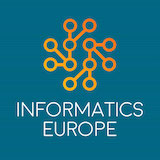 |
How is European 'Informatics' Different from 'Computer Science & Engineering'? Foundations, Historical Roots and Reforms
|
|
Week Nine
Self-Correction & Quality Control in Innovation Ecosystems :: Feedback | Feedforward Loops :: Failure, Institutional Mis-Management & Corruption
Sessions 17 & 18 || Tue May 24 || Thu May 26
Speakers: To be announced
|
 |
Corporate Corruption in Europe :: Wirecard, Volkswagen & Warren Buffett
|
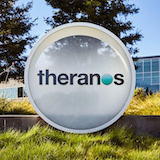 |
Corporate Malfeasance in Silicon Valley and America :: Theranos, Uber, WeWork, Purdue Pharma
|
 |
Whistleblower Protections and Class Actions Laws
|
 |
Investigative Journalism Traditions & Impact on Ecosystem Health :: Continental Europe v UK | USA
|
Week Ten
Team Design Project Presentations
Session 19 || Tue May 31 (extended)
Jurors: To be announced
|
 |
Lessons Learned in Tactile Modelling of Innovation Ecosystems, Their Institutions and Underlying Social Structures & Culture
|
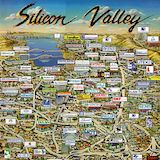 |
What Can Silicon Valley Learn from Europe and Asia?
|
 |
What Can Europe Learn from Silicon Valley and Asia?
|
 |
Tactile Design Thinking :: Moving Forward an Emerging DT Body of Practice
|
